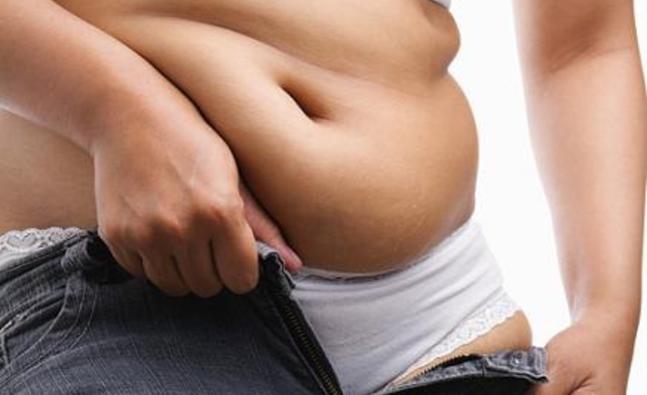3 Ways to Minimize Stubborn Face Fat
Maybe you’ve put on a few pounds “all in your face.” Or maybe you’ve lost weight, but your face hasn’t gotten the memo. What’s behind the round cheeks and chubby chin?
“Generally speaking, when we gain or lose weight, we are not increasing or decreasing the number of fat cells, called adipocytes,” says Stephen S. Park, M.D., F.A.C.S., president of the American Academy of Facial Plastic and Reconstructive Surgery. “Instead, the cells themselves are enlarging or shrinking. That is why some people will report always having a problem area, regardless of weight. They have more fat cells in that area than other people do.”
What’s more, other born-with-them characteristics, such as your bone structure and the size of structures nestled in your face (like your saliva glands), can make a face look fuller, says Park. And while there’s nothing you can do to change your genetics or spot-reduce fat, there are some ways you can help thin out a ballooning face:
1. Fight Water Retention
“Excess alcohol, sugar, and salt intake are all linked to fuller faces,” says medical weight-loss expert Sue Decotiis, M.D. They can all cause your body’s tissues—including those in your face—to hold onto water. Cut down on your consumption of these face-bloaters, and up your intake of water. When you are dehydrated, your body is more apt to retain any water flowing through it.
2. Treat Any Food Intolerances
People with food allergies or intolerances such as gluten sensitivity and irritable bowel syndrome often complain of fuller faces, she says. Bloating is a common symptom that something’s not right with your digestive process. According to the International Foundation for Functional Gastrointestinal Disorders, it’s unclear why IBS (which affects up to 15 percent of U.S. adults) causes bloating, but gas within the gut appears to have nothing to do with it.
3. Your Hormones Are Surging
If your face swells during “that time of the month,” you may benefit from talking to your gyno about steadying your hormones. Right before your period strikes, your body experiences a spike in the hormone progesterone, which is to thank for most PMS symptoms, including facial swelling, says Decotiis. If you’re also experiencing hot flashes and your periods are irregular, you may be entering into perimenopause, which leads up to menopause and can last for years. Think that’s an older woman’s problem? Think again. In some women, perimenopause starts as early as their mid-thirties.
More from Women’s Health:
15 Weight-Loss Victories That AREN'T the Number on the Scale
The Difference Between Actual Weight Gain—and Normal Fluctuations
8 Foods That Decrease Inflammation and Help You Lose Weight
-
Study: Drinking water helps you lose weight
-
Is De-Stressing the Key to Weight Loss?
If youre no stranger to dieting, then youve probably tried a lot of po
-
The perfect weight loss pantry: The purge
-
Eat eggs to beat sugar cravings
-
5 Easy ways to trick yourself into eating LESS and losing MORE weight
-
How Does Honey Help In Weight Loss?
Is it really true or just a myth? Honey which is a natural sweetener i
- DON'T MISS
- Lose weight by eating fruit
- Thinking thin and short term goals
- Feed your hunger with healthy foods
- Weight Loss Success Story: How One Woman Shed Over 100 Pounds and Changed Her Life
- Maximise calorie burnout
- I Overhauled My Eating Habits and Lost More Than 150 Pounds
- The 5 worst types of foods to eat late at night
- 11 Simple Ways to Get Closer to Your Goal Weight
- Crazy celeb diet tricks: The Hallelujah Diet
- Prevent weight gain with a healthy diet




